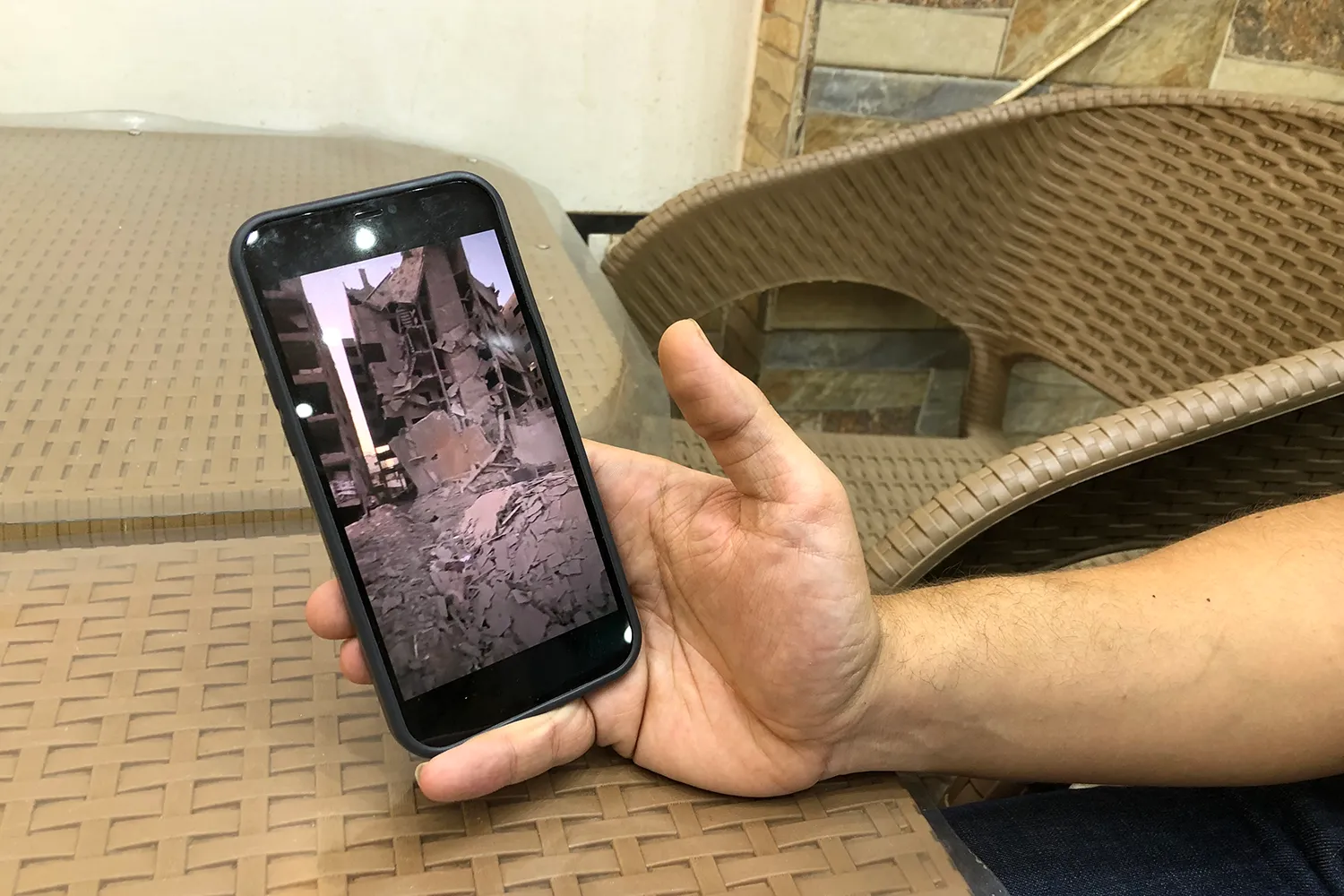
Financial freedom is a top priority for most households — but achieving it is often easier said than done. In fact, a 2023 survey found that just 11% of Americans felt they were “living their definition of financial freedom”, with over half feeling like they were “nowhere near” achieving that goal.
Perhaps most concerning, most of those surveyed had relatively modest ideas of what financial freedom meant. Rather than getting rich, the top definitions of financial freedom included items such as living free of debt, living comfortably, being able to have money left over after meeting financial obligations and not having to worry about their personal finances.
While I usually write about business collaboration, I wanted to raise awareness of this important issue because without financial freedom, it’s hard for people to feel confident stepping out of their comfort zone to collaborate with others or start business partnerships.
Lowering Barriers To Access
One thing holding individuals back from financial freedom is a lack of financial literacy. Achieving fiscal freedom is often not as inclusive as it should be. Fortunately, creative efforts within the financial industry seem poised to help counteract these historic trends to help more people achieve their financial goals.
For many individuals, historic barriers to access often prevent them from being able to achieve their desired level of financial freedom. For example, according to a report from Yahoo Finance, Black entrepreneurs are half as likely to get full financing as white entrepreneurs — even with an equally strong credit profile.
Forty-six percent of Black business owners don’t even seek financing because of lender approval concerns. As a result, Black entrepreneurs have an average of $35,000 in starting capital, compared to $107,000 in capital for white entrepreneurs.
Barriers to access exist outside the business world as well. High requirements for initial investments can keep individuals from lower income brackets from ever investing in the first place, causing them to miss out on significant opportunities for generating passive income.
Eliminating such barriers to access is a key priority for industry innovators like Carles Federico, CEO of Lendermarket, a peer-to-peer (P2P) investment platform designed to help people achieve financial freedom. As he explained during a recent conversation, “Our platform is designed to allow people to invest in alternative assets, such as loans, offered by carefully selected partners. Our minimum investment amount starts at 10 Euros, and there are no fees.”
Continued Federico, “By allowing people to invest in loans where they are paid back based on accrued interest, we also reduce the risk associated with traditional investing products. Loan originators will pay back principal and accrued interest to investors even if a borrower doesn’t pay, creating a system people of all income levels can invest in with confidence.”
Individualized, Tailored Services
Another rising trend is the recognition of financial services that are better tailored to the needs and circumstances of minority investors.
As an analysis from the Boston Consulting Group advises, organizations should “Use advanced analytics to create personalized offerings for the many growing segments of Black investors. The next generation of Black American wealth is on the move. Wealth managers that are able to deploy a mix of advanced analytics and use advisory offerings to create more personalized experiences will command a greater share of this growing market segment.”
While the scale of an organization’s team can make this challenging, an increasing number of banks, insurance providers and other financial companies, such as Spanish bank BBVA, are using AI to better leverage their existing data (with customer consent) and learn from customer needs to provide more personalized experiences.
With the help of AI, these financial providers are making it easier for their customers to access the information they are looking for so they can make better-informed decisions — with the AI even making recommendations to help them better manage finances or reduce debt. Actionable, personalized insights can lead to powerful changes in individual financial management.
Increasing Investments
Venture capital funding may be the go-to method for obtaining financing for most investors, but as already noted, it can be a challenge for minority entrepreneurs — now more than ever. In fact, 2023 saw the amount of venture capital funding going to Black businesses drop below $1 billion for the first time since 2016 — a 71% drop from 2022.
With traditional venture capital funding proving to be far from reliable for many would-be entrepreneurs, other solutions are rising up to fill the gap. For example, in late 2023, Black Entrepreneurs Day awarded $25,000 grants to nine entrepreneurs in industries ranging from greeting cards to lawn care.
Crowdfunding is another rising trend in obtaining business funding, allowing entrepreneurs to raise money from friends, associates and other interested individuals. Instead of taking on debt through an additional loan (which many entrepreneurs might struggle to qualify for), they provide rewards or equity based on individual donations while simultaneously getting the word out about their business.
Platforms like Fundable, Kickstarter and Indiegogo have a relatively low barrier to access thanks to their reliance on transaction fees, and by allowing entrepreneurs to set a funding goal specific to their business needs.
Making Financial Freedom A Reality
While inequities in achieving financial freedom are unlikely to disappear anytime soon, the fact that more within the financial industry are identifying the need to address these issues — and taking action — is encouraging.
By creating more opportunities, tailoring services to the needs of each individual and providing much-needed resources, the financial industry itself can help lead the way to a more inclusive future.



